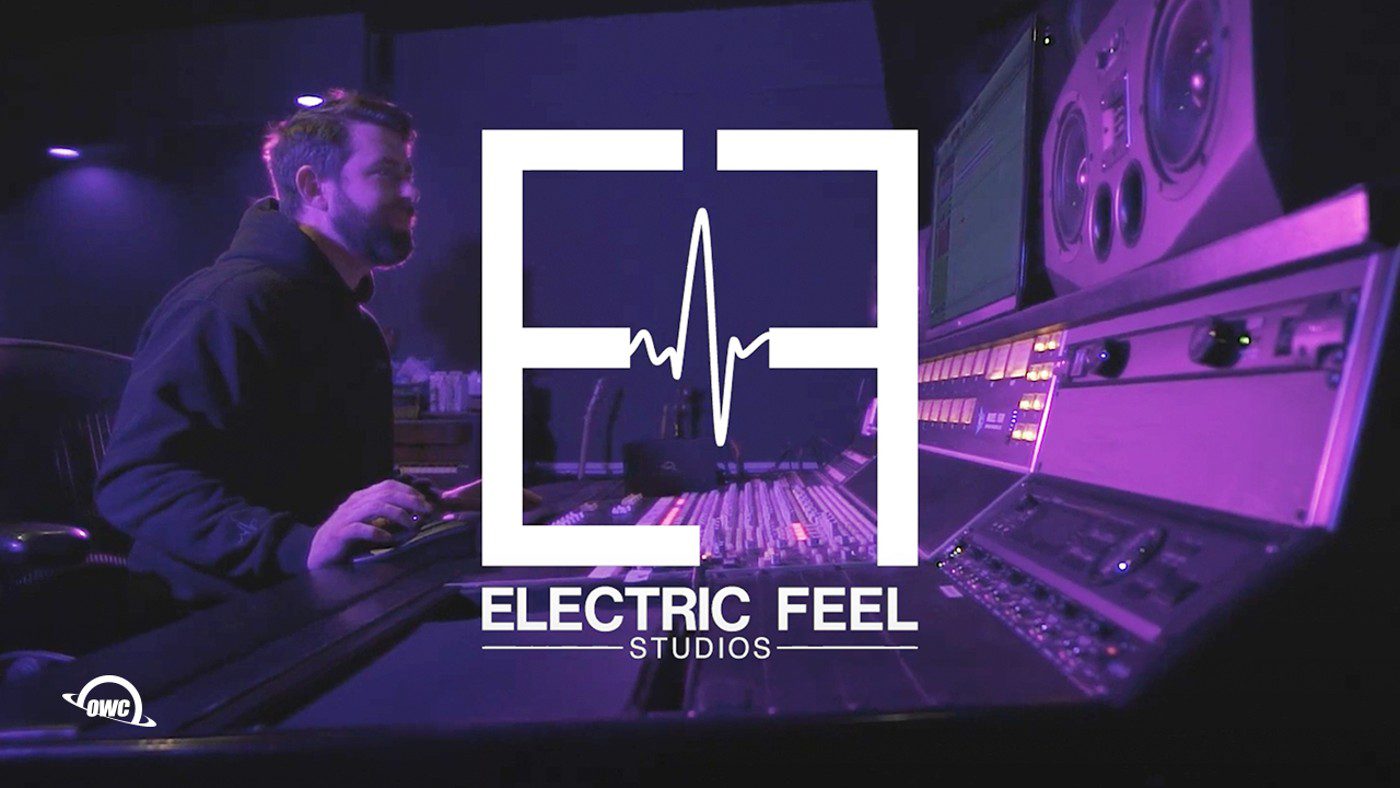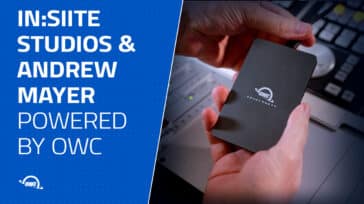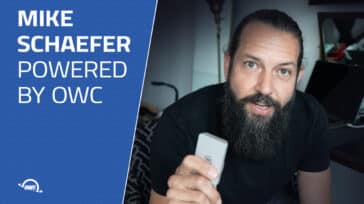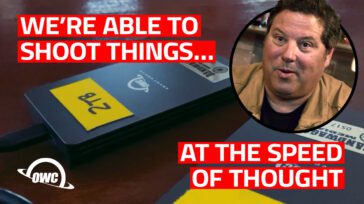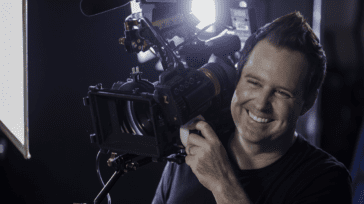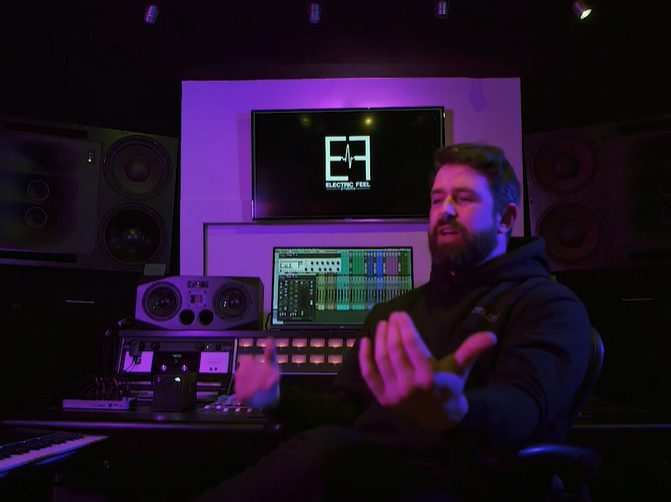
“I feel like everybody has probably heard a song that’s been worked on here,” says Nick Mac, Chief Engineer at Electric Feel Studios. He’s collaborated with the likes of Post Malone, Halsey, 24KGoldn, and Iann Dior.
But Electric Feel isn’t your typical Los Angeles-based studio. They manage world-class talent and provide the studios and crew to bring their artists’ music to the world. In their main studio—where, as Nick says, “pretty much every Post Malone song has been cut”—and on the road, Electric Feel consistently produces some of today’s highest-grossing hits.
Behind all that creativity lies a formidable technical landscape. Mac takes us through his processes for using OWC storage to capture their chart-topping hits.
The collaborative process
Nick said he thinks of Electric Feel’s studio as the “cornerstone” of their operation, which includes managing talent, supporting their artists in the studio, and even going on the road. He showed off several mobile recording rigs that can even be set up in a hotel room, or wherever inspiration strikes. It’s that collaborative process, Nick said, that gets the “art to stick to the canvas.”
“I call it EF anywhere,” Nick said when discussing his mobile services. In addition to the Los Angeles and European studios, Nick can take his recording anywhere. He’s assembled a travel kit of high-quality audio monitors and racks of gear that can hit the road. This gives Electric Feel studios the ability to produce tracks anywhere in the world.
Sometimes, artists bring in their own computers and gear. Those systems need to integrate with their existing studio so that everyone can work with the least amount of friction. So something as simple as an OWC Dock can instantly provide compatibility to a broad spectrum of gear.
I feel like everybody has probably heard a song that’s been worked on here.
Nick Mac
Nick’s introduction to OWC
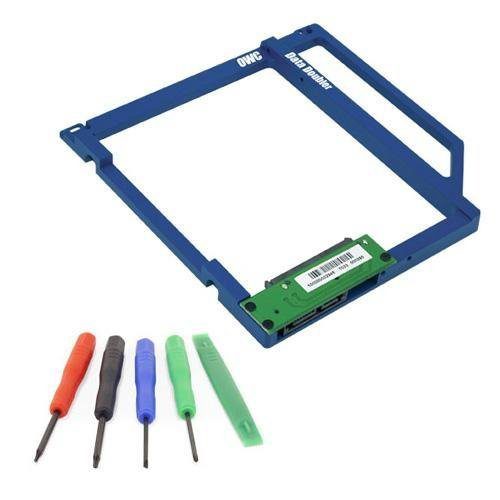
Like most creatives, Nick worked his way through several hard drive vendors, and some experiences weren’t so hot. That’s what led him to discover OWC.
Having experienced drive failures with other manufacturers’ drives, he wanted a robust solution. His first introduction to OWC came through the Data Doubler. It helped him dramatically improve the performance of his MacBook Pro, which lasted for seven years! That experience started off an OWC “lineage” in his systems that continue to this day.
Enter the Envoy Pro
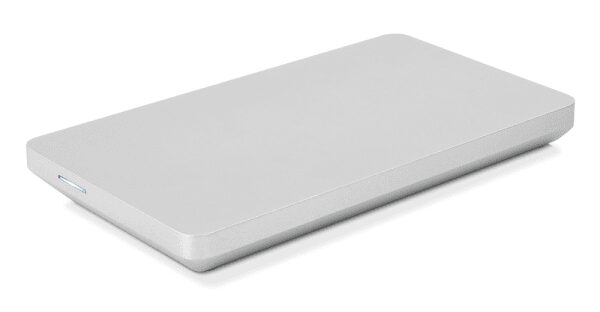
Today, Nick’s go-to working drive is the OWC Envoy Pro. It provides unparalleled speed and durability, with no lag or spin-up time. Nick has seen zero drive failures with the Envoy Pro, and it’s proven the perfect companion for capturing those magical moments that arise in the middle of recording sessions.
In fact, the Envoy Pro features in all of Electric Feel’s recording studios.
Backup is key
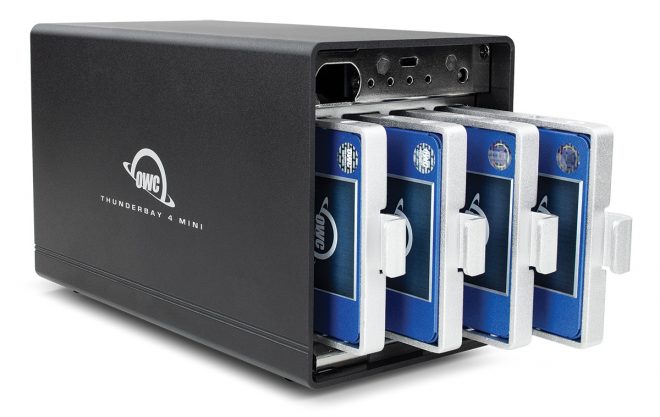
Backup is another key part of the technical side of Electric Feel. The OWC Thunderbay4 mini provides the studios’ main backup storage. The main data goes to the working drives, and then it’s copied to primary and secondary backup drives.
Beyond that, there is a master recording that is separate, not plugged in, and stored in a gun safe. Nick considers this the kind of redundancy that is necessary to guard against mechanical error, human error, and disasters. You might get only one chance to capture a performance, so the best plan of attack, Nick said, is to “be prepared, not afraid.”
All of this preparation results in the creation of an environment that is ripe for creativity. Musicians bring in instruments, laptops, and other gear. The OWC drives, docks, and other tech just get the job done.
Be prepared, not afraid.
Nick Mac
Elegance and reliability
Nick appreciates the OWC drives’ elegance and reliability as well. He no longer gets calls from his engineers about failed drives during recording sessions. That confidence lets his team execute and push them to their best. “A data issue,” he said, “is probably the worst call you get.” And Electric Feel hasn’t experienced that since Nick switched to OWC drives.
“Now, more than ever, we rely on OWC drives,” Nick said. His priorities lie in providing an environment where you don’t experience data loss. It protects his reputation, the reputation of the studio, and most importantly, the work of the artist themselves.





